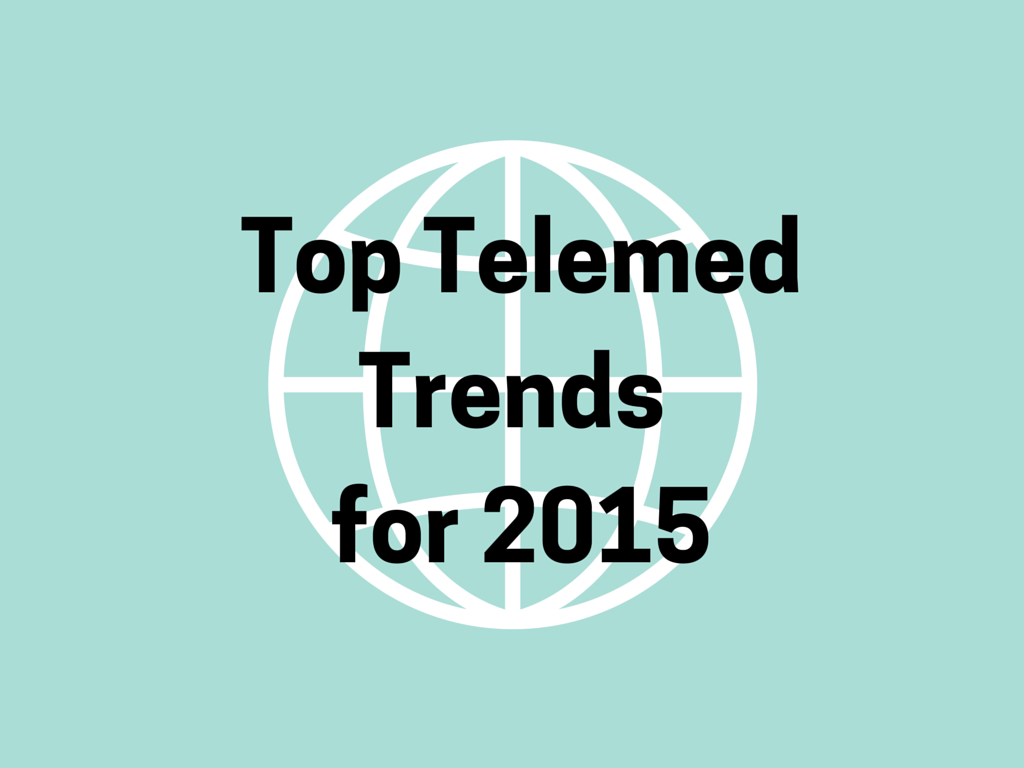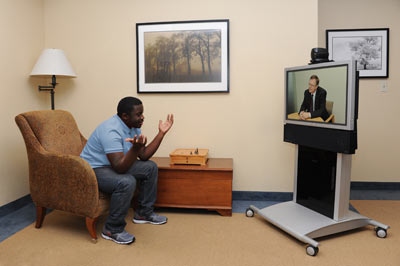5 Keys Ways to Improve Medication Adherence
Improving medication adherence is a constant struggle within the healthcare world. Did you know that it's estimated that between 20% to 50% of patients are non-adherent? This blog will discuss how technology and communication are helping to improve the growing issue of non-adherence.










